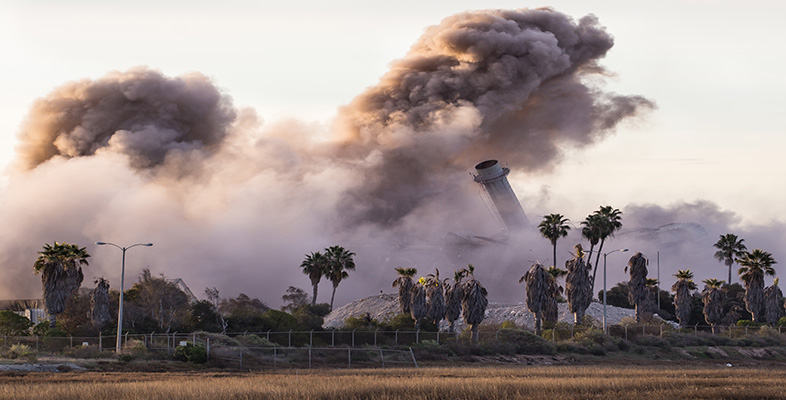2.5 Sustainable development
2.5.1 Development
‘Development’ is another term that is used frequently in the context of environmental decision making. Like the term ‘environment’, it is a word that has many different meanings and understandings. One of its original meanings was as a biological notion synonymous with the natural progression of growth and differentiation to a stage of maturity. We will use it in several different ways:
- In a general sense, to denote progress or the gradual unfolding and filling out, usually used in a positive sense. For example, ‘the development of a proposal’ or the ‘personal development of an individual’.
- To refer to plans. Development plans, which often refer to built structures, have come to have a specific meaning and connotations because in many countries they are subject to legislation and regulation. For example, in the UK development plans are covered in a range of planning acts, regulations and guidance documents including The Planning and Compulsory Purchase Act 2004, The Town and Country Planning (Local Development) (England) Regulations 2004 and The Town and Country Planning (Transitional Arrangements) Regulations 2004 and Planning Policy Statement 12 (PPS12): ‘Local Development Frameworks’ 2004.
- To describe particular site-based infrastructural projects, such as roads, buildings and dams, in the sense of ‘new developments’ or redevelopments.
- To refer to ‘world’ development, where there is also a range of different perspectives:
Development can be seen in two rather different ways: (i) as an historical process of social change in which societies are transformed over long periods and (ii) as consisting of deliberate efforts aimed at progress on the part of various agencies, including governments, all kinds of organisations and social movements.
Development is not synonymous with economic growth, though the two are often confused. Economic growth refers to a quantitative expansion of the prevailing economic system. Development is a qualitative concept which incorporates ideas of improvement and progress and includes cultural and social as well as economic dimensions.
In the context of environmental decision making, the term ‘development’ is often used with the adjective ‘sustainable’.
